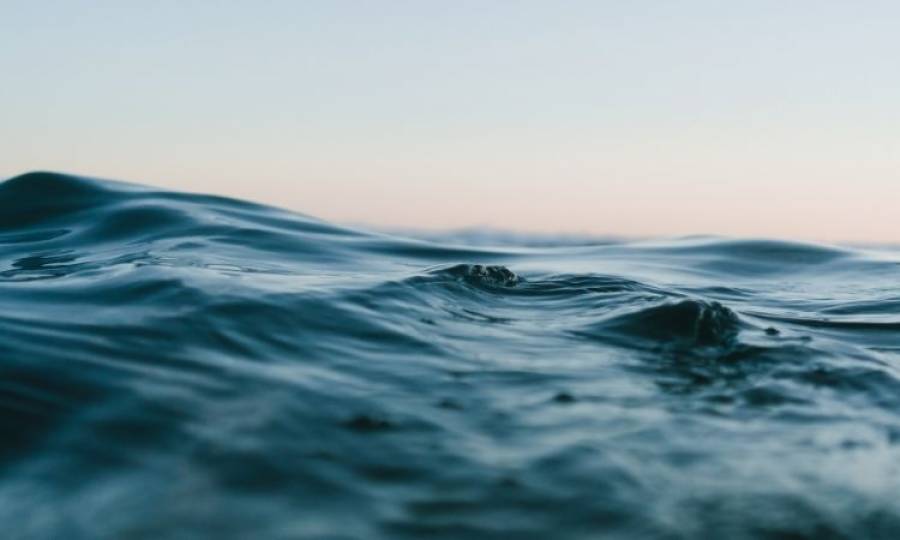Sindh to install separate wards for cholera patients on WHO advice

KARACHI: The health authorities in Sindh stated that they were installing separate wards at Karachi's tertiary-care hospitals for confirmed and suspected cholera cases, following the advice of the WHO Pakistan.
Cholera Outbreak Pakistan
Three districts of Karachi have been hit by a cholera outbreak in Sindh, according to the Sindh health Director-General, who had previously denied this.
Excessive heat and early summer in South Asia's Pakistan, India, Bangladesh, and several African countries like Malawi and Nigeria are being blamed by experts for spreading infectious diseases like cholera.
There are also increasing numbers of cholera and acute watery diarrhoea infections because people drink polluted water due to drought-like circumstances and an unsanitary atmosphere.
Sindh
A separate unit for confirmed and suspected cholera cases has been set up in Karachi's tertiary-care institutions following the advice of the WHO Pakistan.
Sindh Government
According to the IHR 2005, cholera is one of 34 diseases that must be reported to international health authorities, including the World Health Organisation, if a suspected or confirmed case of cholera is reported.
Aside from coordinating with other agencies, the DHOs have been tasked with ensuring that the personnel and the community receive ongoing health education and access to clean drinking water, toilets, and food. They've also been told to make sure that pharmaceuticals are readily available and to set up command centers in medical facilities.
Karachi
Karachi's health officials warned residents to only drink boiling or chlorinated water because of the city's compromised water supply.
Residents of Karachi were also urged to get chlorinated water from the city's Water and Sewerage Board (KWSB).
The World Health Organisation
Dr Palitha Gunarathna Mahipala, Country Representative, World Health Organisation (WHO) in Pakistan, rushed to Karachi following reports of a cholera outbreak and visited the Civil Hospital Karachi. He advised the Sindh health authorities to establish separate wards for patients with acute watery diarrhoea and lab-confirmed cholera.
Also, 100,000 water-purifying tablets were delivered by the World Health Organisation (WHO) national representative to Karachi's health authorities for distribution to residents in the impacted districts. He said the World Health Organisation (WHO) will supply 100,000 more chlorine tablets in the days. There are 5 litres of water on each tablet, officials say. Officials also contacted Dr Jumman and requested that Karachi and other Sindh cities' cholera detection labs be strengthened.
Advertisement
Trending
Popular
Hair loss: Discovery uncovers key stem cells that could reverse ...
-
Broccoli sprout compound may help lower ...
11:31 AM, 25 Feb, 2025 -
Gas Pain vs. Heart Attack: How to tell ...
09:00 PM, 22 Feb, 2025 -
Coconut oil supplement shows promise ...
08:00 PM, 20 Feb, 2025 -
Normal vitamin B12 levels may still ...
05:00 PM, 19 Feb, 2025



